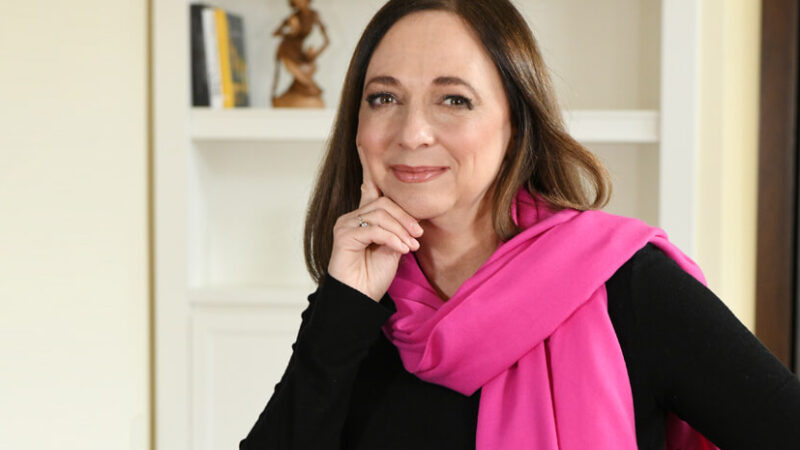Andrew Weil: I’ve always been interested in the fact that there is a linguistic link between the words “meditation“ and “medicine.“ Both of them arise from a Sanskrit root that also has given us the English word “measure.“ And while it’s impossible to pin down the exact meaning of that ancient Sanskrit root, it seems to have to do with thoughtful action to establish order. Implied is a sense of some kind of active process: it’s work-action of some sort with a goal in mind, and the goal is creating order. So medicine and meditation are both different expressions of that kind of process in different realms.
Jon Kabat-Zinn: Adding to what Dr. Weil has said, I believe the common root “to measure“ has something to do with the platonic notion of “right inward measure.“ And so medicine is the restoring of right inward measure or order when our health is disturbed in some way. And meditation is, in my mind, the direct perception of right inward measure.
Sounds True: Is there specific evidence that meditation can impact health?
Andrew Weil: There actually has been a great deal of medical research on the health benefits of meditation. One of the researchers who has established a reputation in this area is Herbert Benson at Harvard Medical School. Years ago, he described what he called “the relaxation response,” which was a set of physiological changes correlated with a particular type of meditation, namely transcendental meditation, which involves repetition of a mantra. And the typical changes that were seen were a slowing of heart rate, a slowing of respiratory rate, and a decrease in blood pressure. So I think in very simple terms, meditation is a way of engaging the relaxation response, a way of decreasing chronic, nervous driving of the cardiovascular and digestive systems.
Jon Kabat-Zinn: When we’re so busy, running here and there, that can be tremendously problematic in terms of our overall health—mental, physical, psychological, and spiritual. When we get really driven on automatic pilot, trying to get someplace else all the time, without being attentive to where we already are, we can leave a wake of disaster behind us in terms of our own health and well-being, because we’re not listening to the body, we’re not paying attention to its messages; we’re not even in our bodies much of the time.
Mindfulness—paying attention on purpose in the present moment nonjudgmentally—immediately restores us to our wholeness, to that right inward measure that’s at the root of both meditation and medicine.
More from Meditation for Optimum Health
The same ability that helps ordinary men and women achieve extraordinary success is also the secret to optimizing your life span, letting go of stress, and even enhancing your body’s self-healing powers.
In Meditation for Optimum Health, you will join bestselling authors Dr. Andrew Weil and Dr. Jon Kabat-Zinn for a practical introduction that makes it simple to enjoy the life-changing benefits of meditation even if you’ve never tried it before.
How does meditation work? Can anybody do it? What do I need to get started? Is it religious? Does it have the power to heal? In alternating sessions, Dr. Weil and Dr. Kabat-Zinn give you straight answers to the most common questions about meditation, and dispel the myths and misconceptions surrounding this time-honored practice.
By learning to cultivate the power of your attention through daily practice, you can harness the full potential of your mind, and use it to enrich every dimension of your life. You will learn how meditation can actually unify your mind and body’s many related functions and help you start enjoying the best health of your life.
Complete with real-life examples, and a proven program of step-by-step meditations to get you started, here is the perfect introduction to the oldest and most effective system for feeling better, naturally: Meditation for Optimum Health.




